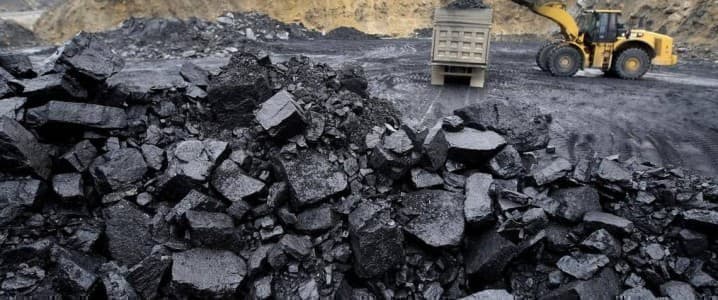Although the share of coal in China’s electricity generation has been declining in recent years with the renewables boom, Chinese coal power generation and demand remains strong.
Coal still accounts for about 60% of China’s power generation, despite a surge in hydropower earlier this year after abundant rainfall, which reduced the share of coal in the country’s energy mix during the summer.
But hydropower saw a sharp decline in September, which boosted the use of thermal coal for power generation amid surging power demand in the world’s second-largest economy.
China’s thermal power generation, which is overwhelmingly coal-fired, jumped by 8.9% last month, per official data cited by Reuters’s columnist Clyde Russell.
Total power generation rose by 6% in September from a year earlier as electricity demand has started to outpace China’s economic growth in recent years.
Power demand jumped by 8.5% in September from the same month last year, while year to date, Chinese power consumption also rose by a similar percentage, 7.9% year-over-year, per the data quoted by Reuters’s Russell.
The surge in Chinese power consumption has led to high coal demand, too, as the power sector continues to rely on thermal generation for a stable supply of electricity amid soaring demand.
This demand is not only the result of a growing economy. China’s economy has expanded by less than 5% so far this year, and analysts fear the country could miss its own 2024 growth target of “about 5%.”
Related: Argentina’s Shale Boom Goes Global
The surge in power demand has also been attributed to the increased use of household appliances amid rising numbers of middle-class residents, as well as the surge in power use for data centers and electric vehicle charging.
Chinese electricity consumption in the data services industry and for charging and battery services soared in the first half of 2024, driven by technology and electric vehicles, data from the China Electricity Council has shown.
Power consumption in data centers, big data, and cloud computing jumped by 33% between January and June compared to the same period in 2023.
In addition, China’s EV sales have already topped conventional car registrations for three consecutive months. EV and plug-in hybrid sales surged by 50.9% in September from a year earlier, grabbing a 52.8% share of total sales, the latest Chinese data showed earlier this month.
Electricity consumption per capita in China already exceeded that of the European Union at the end of 2022 and is set to rise further, the International Energy Agency (IEA) said in its Electricity Mid-Year Update report in July.
“The rapidly expanding production of solar PV modules and electric vehicles, and the processing of related materials, will support ongoing electricity demand growth in China while the structure of its economy evolves,” the IEA noted.
Despite continued growth in coal-fired power generation, China reached a momentous milestone in clean energy in the first half of the year, as rising hydropower, solar, and wind output pushed down the share of coal in power generation to below 60% for the first time ever.
Solar and wind power contributed to this achievement, but it was mostly the result of a rebound in hydropower generation, which squeezed coal in the late spring and summer, thanks to heavy rainfalls.
Come September, however, hydropower generation crashed by 14.6% from a year earlier. And rising coal power generation filled in the gap.
Coal-fired generation will be a pillar of China’s electricity generation system for many years to come, as the country’s electricity demand growth is set to continue outpacing economic growth in the coming years and as electrification is booming with the energy transition and expansion of data centers



